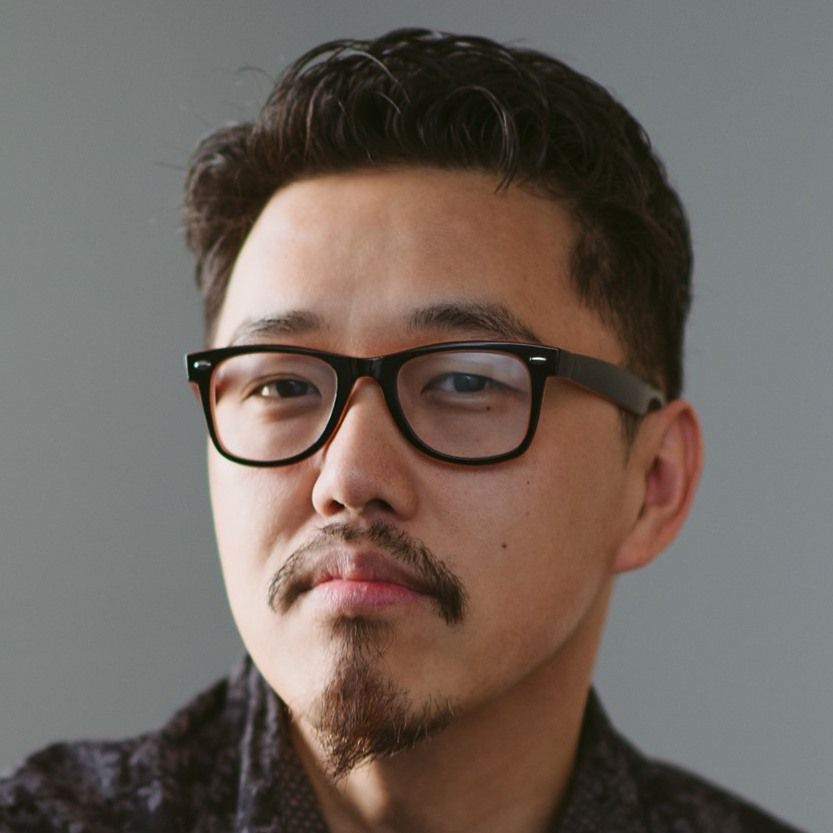LEXINGTON, Ky. — Chef Dan Wu was an activist, drawing attention to violence against Asian Americans and fighting for rights for immigrants and refugees long before the shootings that killed several women of Asian decent in Atlanta. That incident, however, has sparked more awareness and more fight to curb the hate against the Asian American Pacific Islander (AAPI) community.
Wu owns and operates the Atomic Ramen at the University of Kentucky's (UK) dining scene. He's using food to fuel students' appetite for Asian American culture.
What You Need To Know
- May is Asian American Pacific Islander (AAPI) Heritage Month
- Dan Wu is a chef and activist in Lexington, who came to America from China with his parents as a child
- Through Wu's restaurant at UK's 'The 90,' he's using food to connect with students and push to end violence against Asian Americans
Chef Wu is no stranger to the spotlight; he appeared on the cooking competition television show MasterChef in 2015. Around campus, he's known for the food he serves-up at The 90. He doesn't miss a chance to wear his message proudly on his t-shirt: "Immigrants & Refugees Belong Here."

"It's about visibility," he said of Atomic Ramen. "I was born in China, but I've lived in the states most of my life and I've lived in Lexington for over half my life now."
"The way a lot of Americans interact with Asian Americans in this country is through food- is through our food culture- and the culinary scene," Wu said. That's one reason why he's using his food to introduce that culture, and ultimately to advocate for immigrant and refugee rights.
Although May is AAPI Heritage Month, Wu wants to keep the conversations and awareness and activism going permanently.
"It's sad to be getting more coverage and getting more attention because of all the anti-Asian hate and violence that's been happening in the last year, year and a half. But honestly, hopefully people are paying more attention," he said.
He's recently spoken before UK students through the Office of China Initiative's speaker series. During his April talk, he asked his audience to participate by listing some of the common stereotypes people put on Asian Americans.
"Smart," students shouted from the audience. Smart in "math and science," others replied. "Book-smart," still others chimed in.
"All of these positive attributes, they're coded. When we don't control our own narrative and our own sense of identity, we're saddled with these stereotypes," Wu told them.
"They have the effect of 'othering' you," he told Spectrum News 1. "They have the effect of always kind of putting you in the category of 'you don't belong here,' and those things kind of add up throughout your entire life."
He said real change can happen – that violence stops when people have a change of attitude in their hearts and stand up to their friends against stereotyping.
"Stand up for us when you see things happening, not just physical violence, but people perpetuating discrimination or prejudice or stereotypes or jokes about us," Wu urged his community.
He's also encouraged by some new measures coming from Washington. Most recently, President Biden signed the COVID-19 Hate Crimes Act into law. It aims to make reporting hate crimes more accessible to all people, by getting resources out to the public in multiple languages.



